Get in touch
555-555-5555
mymail@mailservice.com
Unlocking the Benefits and Qualification Guidelines of FHA Home Loans

Introduction
Are you considering buying a home but worried about strict financial requirements or a low credit score? An FHA loan might be the solution you're looking for. In this comprehensive guide, we'll delve into the world of FHA home loans, providing you with all the information you need to determine if this government-backed mortgage is the right fit for your homeownership goals.
What Is An FHA Loan?
FHA loans are backed by the Federal Housing Administration (FHA), a branch of the Department of Housing and Urban Development (HUD). These loans offer homebuyers a unique advantage: they are insured by the FHA, which means that your mortgage lender is protected against loss if you default on your loan. This protection for lenders allows for more flexible borrower qualifications.
How Do FHA Loans Work?
FHA loans enable homebuyers to borrow a certain percentage of a home's value, contingent upon their credit score. Individuals with a credit score of 580 or higher can potentially borrow up to 96.5% of a home's value with an FHA loan. Even if your credit score falls between 500 and 579, you may still qualify for an FHA loan with a reasonable 10% down payment.
While FHA loans provide accessible down payment options and more lenient credit score requirements compared to other home loans, borrowers should be aware of the requirement to pay mortgage insurance.
Why Are FHA Loans Attractive?
FHA loans have several appealing features, making them an excellent choice for various homebuyers, not just first-time purchasers. Some of the benefits of FHA loans include:
- Lower Credit Score Requirements: FHA loans have lower credit score requirements compared to many other loan types, making them accessible to a broader range of borrowers.
- Low Down Payment: With a minimum down payment of just 3.5% for those with a credit score of 580 or higher, FHA loans reduce the upfront financial burden of homeownership.
- Financial Flexibility: FHA loans are open to borrowers with a history of bankruptcy or other financial setbacks.
- Rolling in Closing Costs: FHA loans often allow borrowers to include closing costs within the loan amount, reducing the need for upfront cash.
FHA Loan Requirements
To qualify for an FHA loan, borrowers must meet specific requirements, including:
- Property Appraisal: The home must undergo an appraisal by an FHA-approved appraiser.
- Primary Residence: The property financed with an FHA loan must be your primary residence; it cannot be an investment property or second home.
- Occupancy: You must occupy the property within 60 days of closing.
- Inspection: An inspection must be conducted to assess whether the property meets minimum standards.
These requirements form the foundation of FHA loan eligibility. It's important to note that DACA recipients often have the same qualification criteria as other borrowers.
FHA Loan Down Payments
The down payment for an FHA loan is a percentage of the home's purchase price. The minimum required down payment is directly linked to your credit score. Here's a breakdown:
- Credit Score 580 and Higher: Minimum 3.5% down payment.
- Credit Score 500 - 579: Minimum 10% down payment.
FHA loans also allow for cash down payments with documented gift assistance. However, thorough documentation is necessary to ensure that the assistance is indeed a gift and not a disguised loan.
FHA Mortgage Insurance
All FHA loans require mortgage insurance premiums (MIP) to protect the FHA against losses in case of borrower default. MIP is calculated in two parts:
- Upfront Mortgage Premium: Typically 1.75% of the base loan amount, paid at closing.
- Annual Mortgage Insurance Premium: This annual premium ranges from approximately 0.15% to 0.75% of the base loan amount, depending on factors like the loan term, loan-to-value ratio, and down payment size.
Credit Scores and Your FHA Loan
Credit scores play a crucial role in your ability to secure an FHA loan. Several factors contribute to your credit score, including the types of credit you have, credit utilization, payment history, outstanding debt, and recent credit activity.
Additionally, your debt-to-income (DTI) ratio is another significant consideration. DTI represents the percentage of your monthly gross income allocated to debt payments. A lower DTI ratio is preferable, but borrowers with higher credit scores may qualify with a higher DTI.
FHA Loan Limits
FHA loan limits dictate the maximum amount you can borrow in a specific county. The Department of Housing and Urban Development sets these limits based on property values in each area. In high-cost areas like large metropolitan regions, the FHA lending limit can be as high as $1,089,300 in 2023. Lower-cost areas have lower limits. You can check the FHA mortgage limits for your area on the FHA's official website.
FHA Interest Rates
FHA interest rates can be competitive when compared to conventional mortgages. The government backing of FHA loans allows lenders to offer lower rates. Several factors influence your FHA interest rate, including prevailing market rates, your income, credit score, loan amount, down payment, DTI ratio, and more.
FHA Income Requirements
While there's no specific income threshold for FHA loan eligibility, you must demonstrate a steady employment history and provide verifiable income documentation, such as pay stubs, W-2s, federal tax returns, and bank statements. Lenders may also request additional verification as needed.
Types of FHA Home Loans
FHA loans come in various types, each designed to meet specific needs:
- Purchase: Allows for a down payment as low as 3.5% with a credit score of 580 or higher. Up to a two-unit property can be purchased with an FHA loan.
- FHA Rate/Term Refinances: Ideal for lowering rates with less stringent credit requirements.
- FHA Streamline: Offers benefits like lower rates and reduced documentation for existing FHA loan holders.
- Cash-Out Refinance: Provides access to home equity with a minimum credit score of 620.
- FHA 203(k) Loan: Enables homebuyers to purchase and renovate a home with a single loan.
FHA vs. Conventional Loans
Comparing FHA loans to conventional loans can help you decide which option suits your needs:
Conventional Mortgage Loan
- Minimum Down Payment: 3%
- Loan Terms: Range from 8 to 30 years
- Minimum Credit Score to Qualify: 620
- Mortgage Insurance: Private Mortgage Insurance (PMI) if down payment is less than 20%
FHA Loan
- Minimum Down Payment: 3.5% (580+ credit score) or 10% (500-579 credit score)
- Loan Terms: Several options between 15 to 30 years
- Minimum Credit Score to Qualify: 500 with 10% down payment, 580 and above with 3.5% down payment
- Mortgage Insurance: Upfront and annual mortgage insurance premiums
Both FHA and conventional loans have their advantages, so it's crucial to weigh your options based on your specific circumstances.
Is an FHA Loan Right For You?
An FHA loan can be an excellent choice if you're seeking a loan with lenient credit requirements, a low down payment, and moderate income qualifications. However, it's essential to consider your financial situation carefully and evaluate all costs associated with FHA loans. Assess whether an FHA loan aligns with your homeownership goals and budget.
How to Apply for an FHA Loan
To start your journey towards an FHA loan, select a mortgage lender and initiate the application process. Gather necessary personal and financial documents, including tax returns, pay stubs, and bank statements, which your lender will require to assess your eligibility. Your lender will then submit your application and provide a loan estimate.
Conclusion
FHA loans provide a valuable opportunity for many aspiring homeowners to achieve their dreams of owning a home. With lower credit score requirements, accessible down payment options, and flexibility, they can be the ideal choice for those facing credit challenges or seeking affordable homeownership solutions. However, it's crucial to thoroughly assess your financial situation and goals before deciding if an FHA loan is the right fit for you.
Frequently Asked Questions (FAQs)
Question #1: Is an FHA loan the right choice for me?
Answer #1: An FHA loan could be suitable if you're facing challenges due to your financial history or are a first-time homebuyer. However, carefully weigh the pros and cons and ensure you're financially prepared for the associated costs.
Question #2: How do I apply for an FHA loan?
Answer #2: Begin by choosing a mortgage lender and submitting your application. You'll need to provide essential personal and financial documents, including tax returns, pay stubs, and bank statements.
Question #3: Who qualifies for an FHA loan?
Answer #3: To qualify for an FHA loan, borrowers must meet specific criteria, including having a steady employment history, occupying the property as their primary residence, and satisfying minimum property standards.
Question #4: What are the closing costs associated with FHA loans?
Answer #4: Regardless of whether you choose an FHA or conventional loan, expect to pay closing costs, which typically amount to about 3% – 6% of your home's value.
Questions #5: How much should I budget for home maintenance costs?
Answer #5: Allocate approximately 1% – 3% of your home's purchase price for maintenance. The exact percentage depends on the age of the house and the potential for repairs. Additionally, consider any homeowners association fees if applicable in your area.

© 2024 RCG
For licensing information, go to: www.nmlsconsumeraccess.org | www.goluminate.com | Please review our Disclosures & Licensing information. | Luminate Home Loans, Inc. is a wholly-owned subsidiary of Luminate Bank. Equal Housing Lender. For further information about Luminate Home Loans, Inc., please visit our website at www.goluminate.com. Luminate Home Loans, Inc. NMLS#150953.
Corporate Headquarters: 2523 Wayzata Blvd. S. Suite 200, Minneapolis, MN 55405
Do Not Sell My Personal Information Privacy Policy | Disclosure & Licensing










